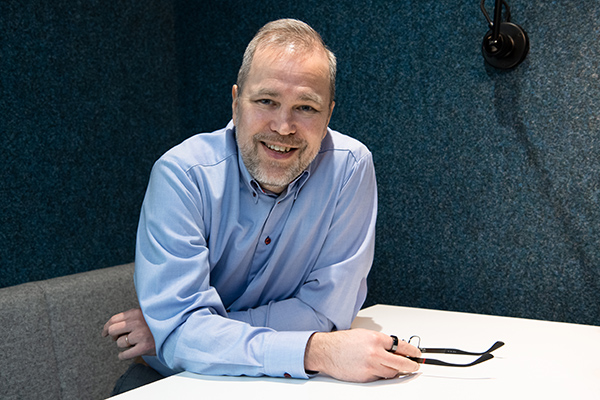Finland, a country of just 5.5 million people, has estimated that up to half a million people will need reskilling or significant upskilling in the coming years, and a reform of continuous learning is included in the Government Programme. The policies relating to the reform were drawn at the end of 2020, and their implementation will continue beyond the Government term, which speaks of broad parliamentary support for the reform. The aim is to respond to the new and changing needs for skills and competence brought about by changes in working life.
Competence development will support not only meaningful careers but also the competitiveness of companies and the financial balance of the public sector. The reform will be steered and monitored by a parliamentary committee with representation from all the parliamentary parties, labour market organisations, education providers and other key organisations and ministries. As part of the reform, two Finnish ministries (the Ministry of Education and Culture and the Ministry of Economic Affairs and Employment) have jointly established the Service Centre for Continuous Learning, which is tasked with, for example, analysing the competence and labour market needs of working life, and financing education and training intended for working-age people. The reform of continuous learning is also part of the Sustainable Growth Programme for Finland. Funding for the Sustainable Growth Programme comes from the EU’s one-off recovery instrument, which aims to hasten the Member States’ recovery from the coronavirus crisis.
In Finland, a project bringing all Finnish higher education institutions together to build a future for learning, Digivisio 2030, is also underway. The goal of the project is to enter a new era of learning where everyone can learn more easily and flexibly, thus accumulating the expertise needed in a constantly changing world. One of the first concrete elements that will be visible to citizens in the Digivisio 2030 project is the creation of a national “learning tray” for continuous learning. The University of Eastern Finland is involved in the very first phase of the related piloting, which is geared towards the creation of a learning tray for non-formal provision of continuous learning.
Continuous learning at UEF
Continuous learning is highlighted in the strategy of the University of Eastern Finland, which extends all the way up to 2030. At UEF, continuous learning and access to education is facilitated through extensive educational offering and through open, diverse and flexible teaching.
In December 2020, the unit coordinating Open University education and continuing education at the University of Eastern Finland was renamed and is now known as the Centre for Continuous Learning. A decision on integrated Open University education had been adopted a year earlier, meaning in practical terms that the Open University would no longer organise education separately; instead, Open University students would participate in the education offered by the university’s academic departments. As part of the university’s internal reform of continuous learning, structures have been created for experts of the Centre for Continuous Learning to be involved in all of the university’s education development committees – all the way from the level of individual academic subjects to the university level. The aim of the close dialogue between the Centre for Continuous Learning and the academic departments is to find new models and content for the provision of continuous learning. This dialogue also seeks to ensure that the latest scientific knowledge is integrated into continuous learning in all fields of research and education at the university.
As part of the university’s development of continuous learning, it aims to anticipate future needs for skills and competence in both national and regional networks, working together with authorities and representatives of working life. The work on the identification, recognition and demonstration of prior learning and competence is also active. To acknowledge short-term learning experiences, the university has created the UEF Open Badge competence badge and is also keeping a close eye on the progress of the work to develop micro-credentials on European level.
In conclusion, Finland sees the reform of continuous learning as a key building block of the country’s success in the future. The University of Eastern Finland, on the other hand, has been a trailblazer in the reform of continuous learning in the university sector and is, in line with its strategy, committed to blazing trail also in the future.
Tero Karjalainen
Director of the Centre for Continuous Learning
University of Eastern Finland










